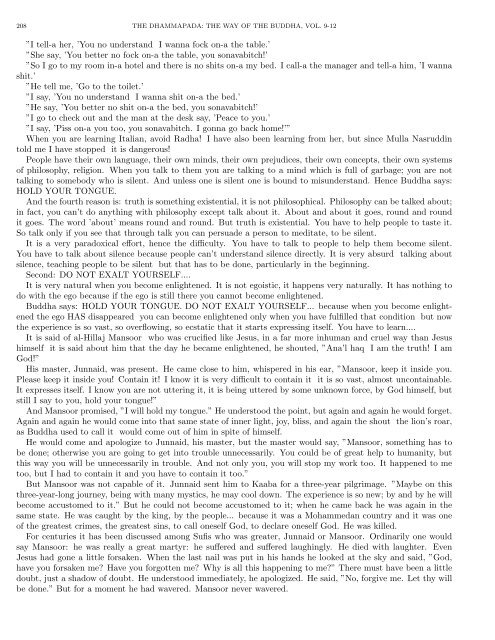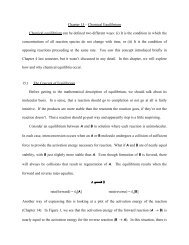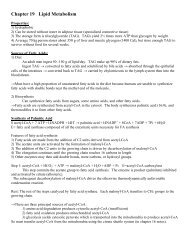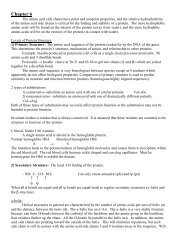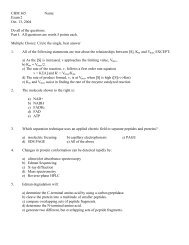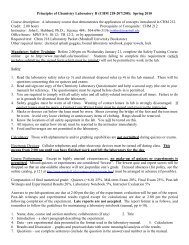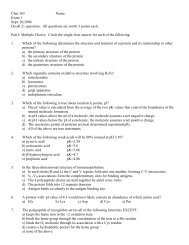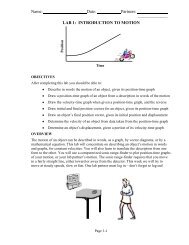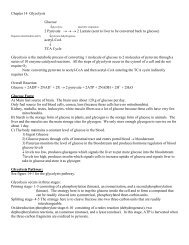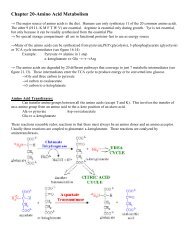THE DHAMMAPADA: THE WAY OF THE BUDDHA, VOL. 9-12 The ...
THE DHAMMAPADA: THE WAY OF THE BUDDHA, VOL. 9-12 The ...
THE DHAMMAPADA: THE WAY OF THE BUDDHA, VOL. 9-12 The ...
Create successful ePaper yourself
Turn your PDF publications into a flip-book with our unique Google optimized e-Paper software.
208 <strong>THE</strong> <strong>DHAMMAPADA</strong>: <strong>THE</strong> <strong>WAY</strong> <strong>OF</strong> <strong>THE</strong> <strong>BUDDHA</strong>, <strong>VOL</strong>. 9-<strong>12</strong><br />
”I tell-a her, ’You no understand I wanna fock on-a the table.’<br />
”She say, ’You better no fock on-a the table, you sonavabitch!’<br />
”So I go to my room in-a hotel and there is no shits on-a my bed. I call-a the manager and tell-a him, ’I wanna<br />
shit.’<br />
”He tell me, ’Go to the toilet.’<br />
”I say, ’You no understand I wanna shit on-a the bed.’<br />
”He say, ’You better no shit on-a the bed, you sonavabitch!’<br />
”I go to check out and the man at the desk say, ’Peace to you.’<br />
”I say, ’Piss on-a you too, you sonavabitch. I gonna go back home!’”<br />
When you are learning Italian, avoid Radha! I have also been learning from her, but since Mulla Nasruddin<br />
told me I have stopped it is dangerous!<br />
People have their own language, their own minds, their own prejudices, their own concepts, their own systems<br />
of philosophy, religion. When you talk to them you are talking to a mind which is full of garbage; you are not<br />
talking to somebody who is silent. And unless one is silent one is bound to misunderstand. Hence Buddha says:<br />
HOLD YOUR TONGUE.<br />
And the fourth reason is: truth is something existential, it is not philosophical. Philosophy can be talked about;<br />
in fact, you can’t do anything with philosophy except talk about it. About and about it goes, round and round<br />
it goes. <strong>The</strong> word ’about’ means round and round. But truth is existential. You have to help people to taste it.<br />
So talk only if you see that through talk you can persuade a person to meditate, to be silent.<br />
It is a very paradoxical effort, hence the difficulty. You have to talk to people to help them become silent.<br />
You have to talk about silence because people can’t understand silence directly. It is very absurd talking about<br />
silence, teaching people to be silent but that has to be done, particularly in the beginning.<br />
Second: DO NOT EXALT YOURSELF....<br />
It is very natural when you become enlightened. It is not egoistic, it happens very naturally. It has nothing to<br />
do with the ego because if the ego is still there you cannot become enlightened.<br />
Buddha says: HOLD YOUR TONGUE. DO NOT EXALT YOURSELF... because when you become enlightened<br />
the ego HAS disappeared you can become enlightened only when you have fulfilled that condition but now<br />
the experience is so vast, so overflowing, so ecstatic that it starts expressing itself. You have to learn....<br />
It is said of al-Hillaj Mansoor who was crucified like Jesus, in a far more inhuman and cruel way than Jesus<br />
himself it is said about him that the day he became enlightened, he shouted, ”Ana’l haq I am the truth! I am<br />
God!”<br />
His master, Junnaid, was present. He came close to him, whispered in his ear, ”Mansoor, keep it inside you.<br />
Please keep it inside you! Contain it! I know it is very difficult to contain it it is so vast, almost uncontainable.<br />
It expresses itself. I know you are not uttering it, it is being uttered by some unknown force, by God himself, but<br />
still I say to you, hold your tongue!”<br />
And Mansoor promised, ”I will hold my tongue.” He understood the point, but again and again he would forget.<br />
Again and again he would come into that same state of inner light, joy, bliss, and again the shout the lion’s roar,<br />
as Buddha used to call it would come out of him in spite of himself.<br />
He would come and apologize to Junnaid, his master, but the master would say, ”Mansoor, something has to<br />
be done; otherwise you are going to get into trouble unnecessarily. You could be of great help to humanity, but<br />
this way you will be unnecessarily in trouble. And not only you, you will stop my work too. It happened to me<br />
too, but I had to contain it and you have to contain it too.”<br />
But Mansoor was not capable of it. Junnaid sent him to Kaaba for a three-year pilgrimage. ”Maybe on this<br />
three-year-long journey, being with many mystics, he may cool down. <strong>The</strong> experience is so new; by and by he will<br />
become accustomed to it.” But he could not become accustomed to it; when he came back he was again in the<br />
same state. He was caught by the king, by the people... because it was a Mohammedan country and it was one<br />
of the greatest crimes, the greatest sins, to call oneself God, to declare oneself God. He was killed.<br />
For centuries it has been discussed among Sufis who was greater, Junnaid or Mansoor. Ordinarily one would<br />
say Mansoor: he was really a great martyr: he suffered and suffered laughingly. He died with laughter. Even<br />
Jesus had gone a little forsaken. When the last nail was put in his hands he looked at the sky and said, ”God,<br />
have you forsaken me? Have you forgotten me? Why is all this happening to me?” <strong>The</strong>re must have been a little<br />
doubt, just a shadow of doubt. He understood immediately, he apologized. He said, ”No, forgive me. Let thy will<br />
be done.” But for a moment he had wavered. Mansoor never wavered.


